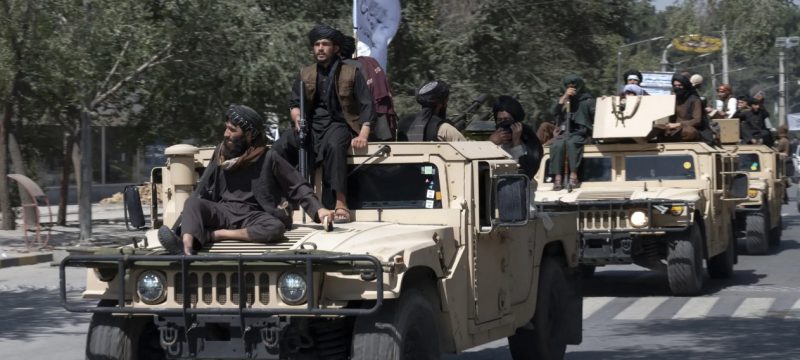Tensions between the Taliban and the United States have resurfaced following reports that the Taliban has rejected the return of military equipment left behind by US troops during their 2021 withdrawal from Afghanistan. A source familiar with the matter indicated that the Taliban is unwilling to return the abandoned weapons, and instead suggested that the US consider providing more advanced weaponry to aid in their fight against ISIS-K, a local offshoot of the broader ISIS organization. This proposal highlights shifting dynamics in the region.
In a related development, the United States has recently freed an Afghan prisoner, Khan Mohammad, in exchange for two Americans detained by the Taliban. Mohammad, who was sentenced to life imprisonment in 2008 for drug smuggling and terrorism-related charges, was released after years of negotiations between Afghan and American authorities. The Taliban confirmed the release of the two Americans, Ryan Corbett and William McKenty, but declined to disclose their identities in detail.
Also Read: Senior Taliban Leader Calls for Reversal of Education Ban on Afghan Women and Girls
Corbett had been detained by the Taliban in 2022, while McKenty’s case remains largely private. The prisoner exchange, which was finalized during the final hours of President Biden’s administration, marks a significant diplomatic development, with both the Trump and Biden administrations contributing to negotiations for the release of American detainees in Afghanistan. However, the process remains ongoing, as other detainees like George Glezmann and Mahmood Habibi were not included in the exchange.
As Afghanistan continues to navigate its post-Taliban era, these diplomatic exchanges shed light on the complexities of the country’s international relations, as well as the shifting power dynamics between the Taliban and foreign governments.









